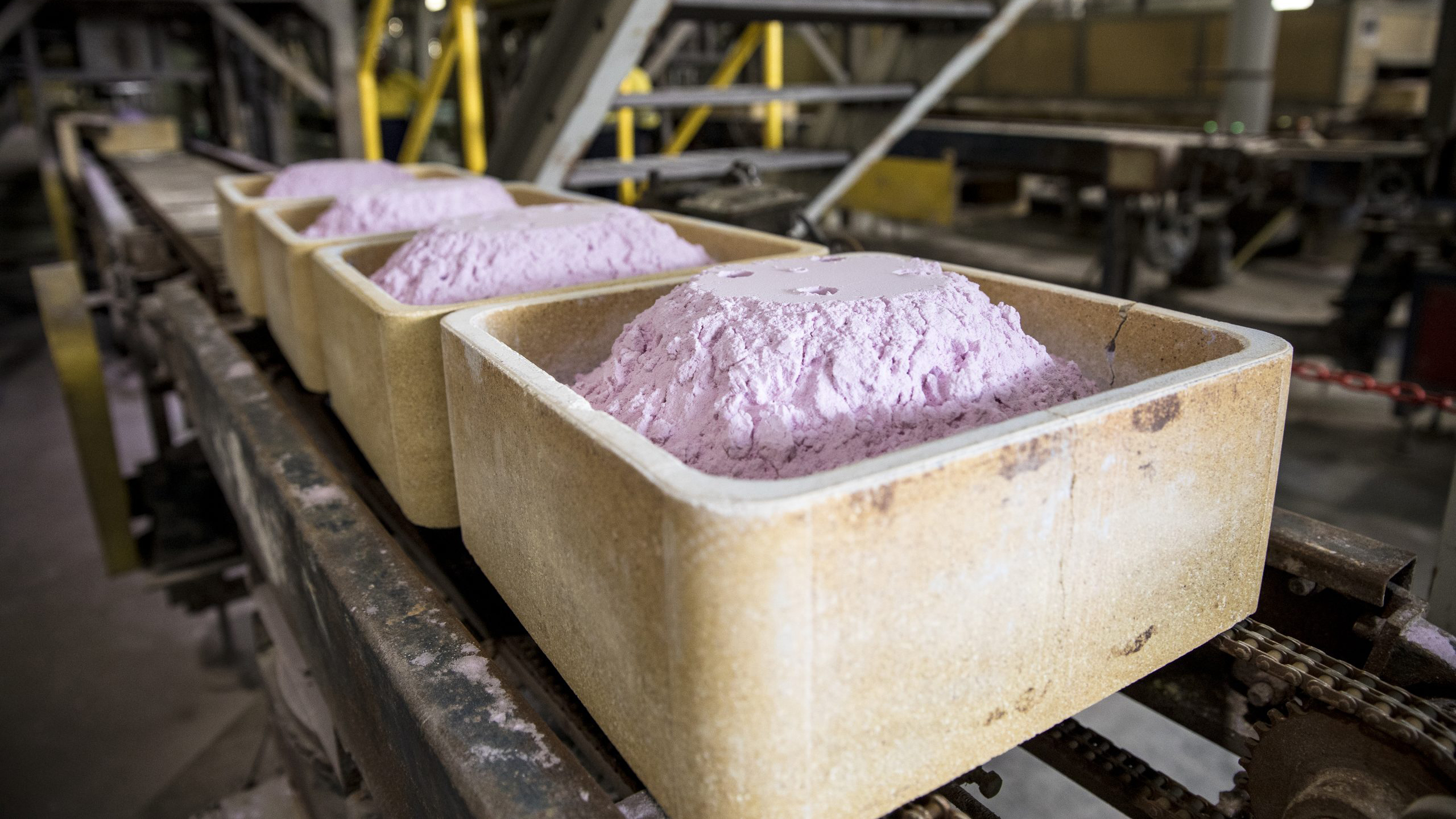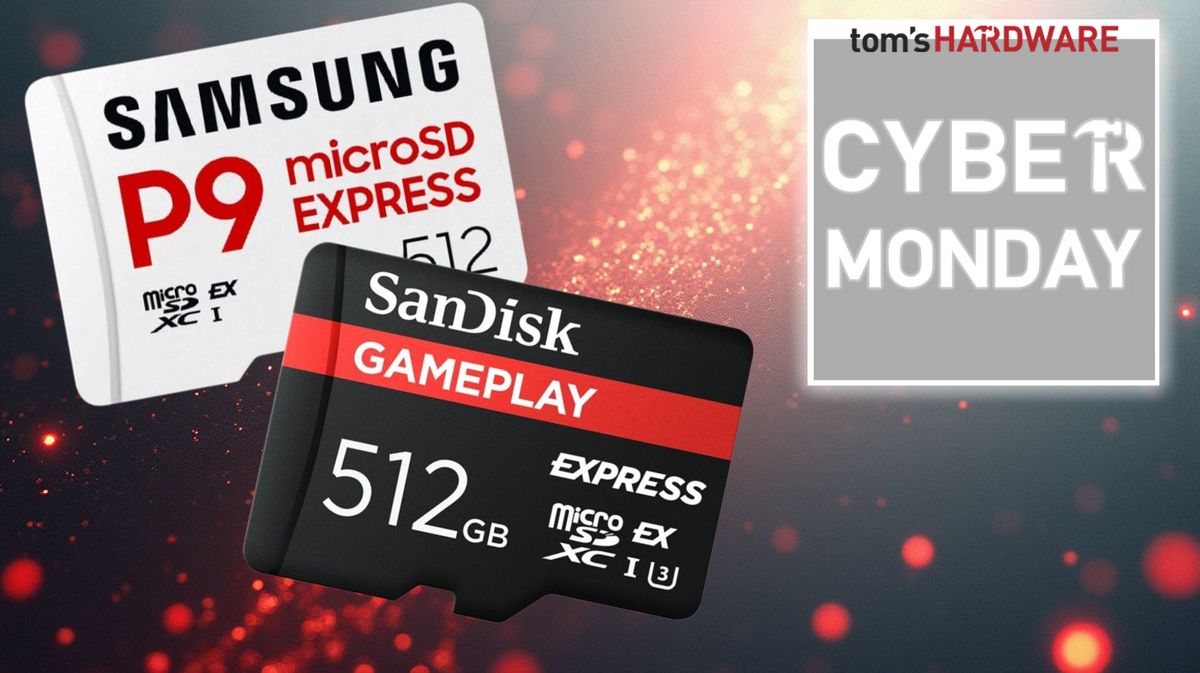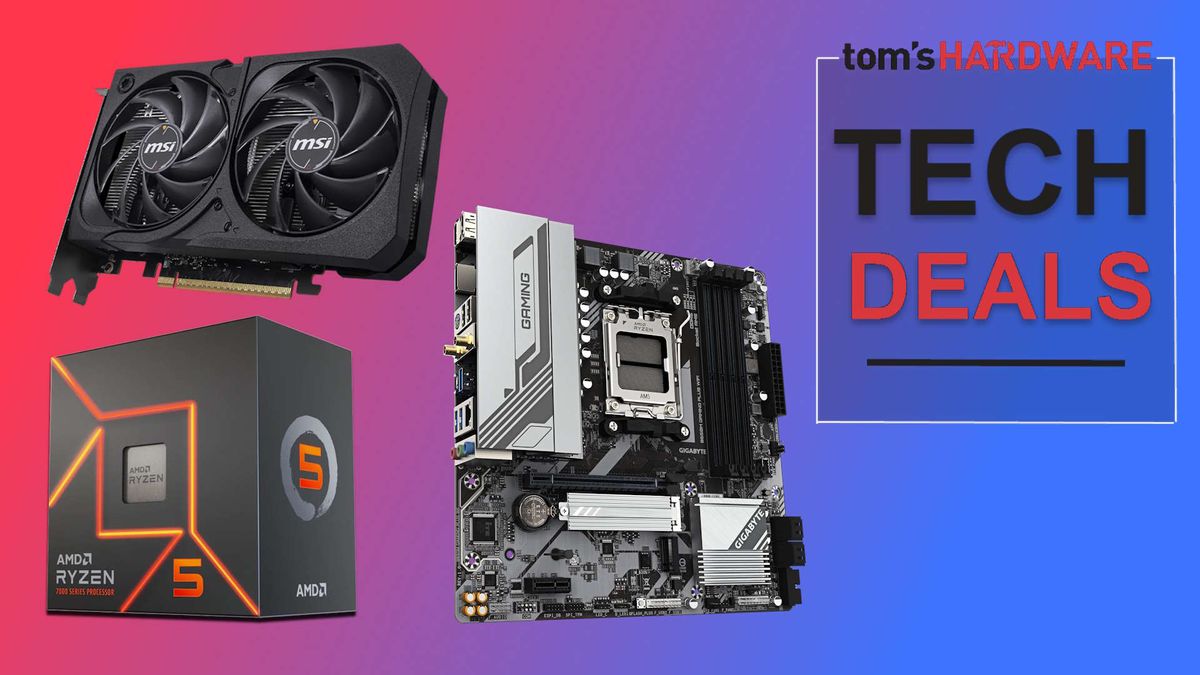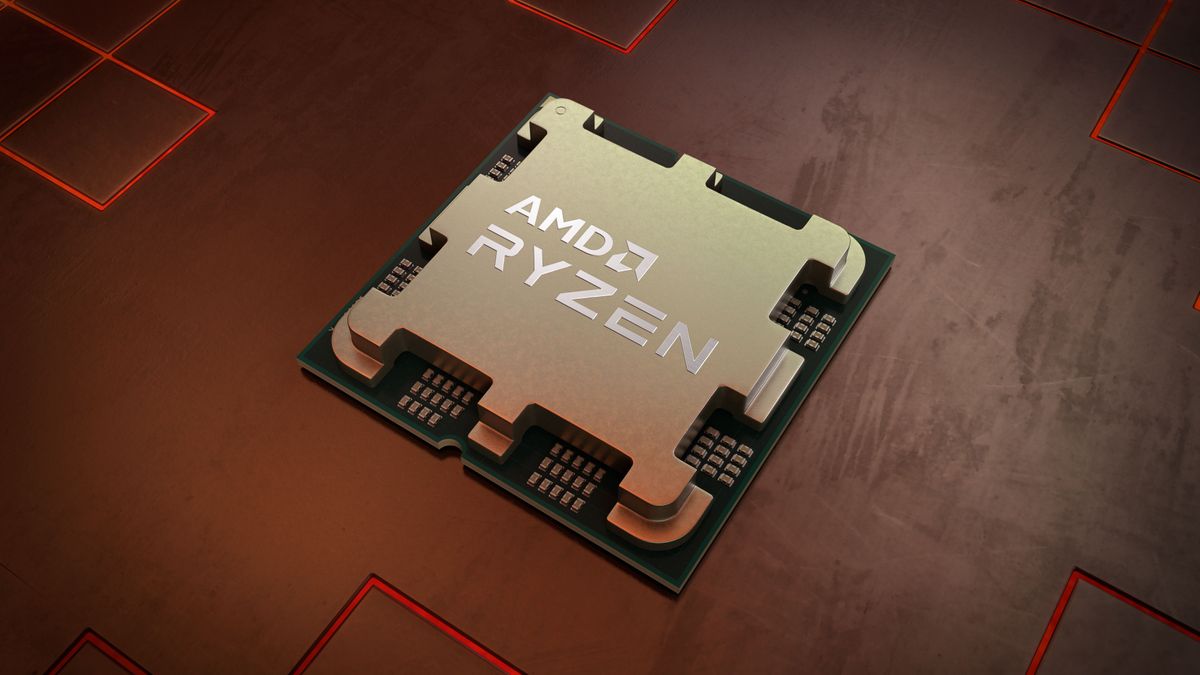Beijing just announced that it will suspend the expanded rare-earth export controls it announced in early October. The Chinese Ministry of Commerce (MOFCOM) and the General Administration of Customs said that it will delay its implementation for a year, according to a report from Digitimes. The original expanded rule covers China-sourced rare-earth minerals, as well as any technology in which these materials account for at least 0.1% of the item’s value.
The suspension will give companies that rely on these resources and components some breathing room to stockpile them and find alternative sources. It will also reduce the pressure at the negotiating table, as bureaucrats will have more time to iron out agreements between their rivals without pressure from the top to get something hammered out fast.
Although MOFCOM did not state why it’s delaying the implementation of these export controls, it comes a little over a week after U.S. President Donald Trump and Chinese President Xi Jinping agreed on a tariff truce. The two world leaders met in Busan, along the sidelines of the 2025 APEC Summit in South Korea, where they held a two-hour closed-door meeting. Before this, Trump responded to Beijing’s expanded export controls by threatening a 100% import duty on Chinese goods, as well as a complete ban on critical software, which could have been more devastating than additional taxes.
This will likely be a blow to the world’s most valuable company, especially as its China market share has essentially fallen to zero from a high of 95% just a few years ago. While other experts argue that giving the United States' biggest rival in the AI race the latest hardware will only be to its own detriment, Huang contends that the spread of U.S. chips is vital for Washington to retain its competitive advantage, especially in a country that is estimated to have about half of the world’s AI developers in its talent pool. However, Huang's position as the chief of the biggest AI chip manufacturer means that he will also benefit from Nvidia’s sales to both the U.S. and China, as the two rivals race for global AI supremacy.

Follow Tom's Hardware on Google News, or add us as a preferred source, to get our latest news, analysis, & reviews in your feeds.

 3 weeks ago
46
3 weeks ago
46







 English (US) ·
English (US) ·